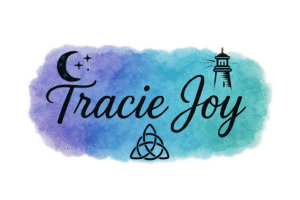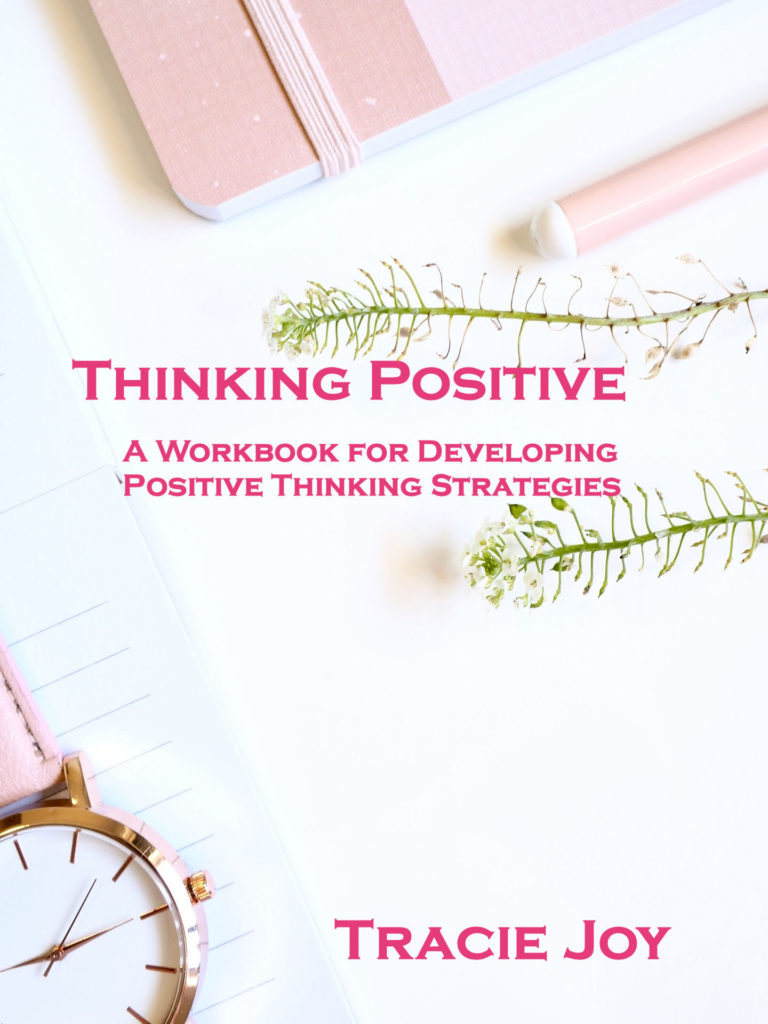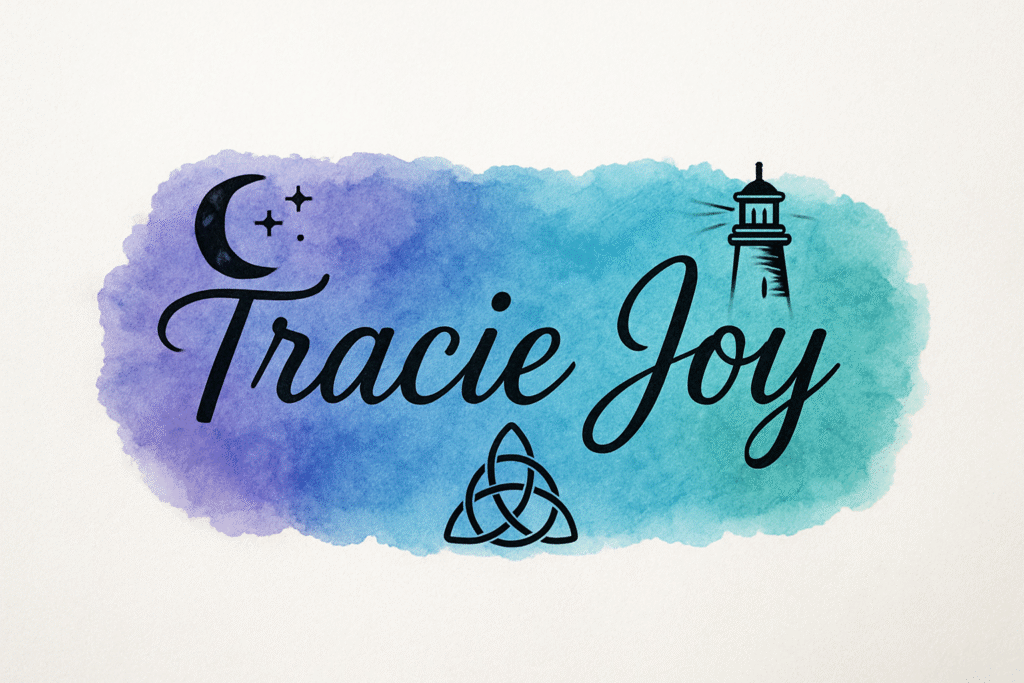Do Writers Really Need to Write Every Day?
You’ve probably heard it before: “Real writers write every day.” It’s one of the most common pieces of advice given to both new and experienced writers. But while it sounds inspiring, this mantra can also create guilt, self-doubt, or even burnout.
So—do you really have to write every day? Let’s break it down.
Do You Have to Write Every Day?
The short answer: no.
The longer answer: it depends on your goals, your lifestyle, and your creative rhythm.
 For some writers, daily writing feels like brushing their teeth or drinking morning coffee. Writing every day helps them stay connected to their ideas and maintain momentum. For others, forcing themselves to write every single day leads to frustration and burnout.
For some writers, daily writing feels like brushing their teeth or drinking morning coffee. Writing every day helps them stay connected to their ideas and maintain momentum. For others, forcing themselves to write every single day leads to frustration and burnout.
The truth? Writing is deeply personal. What fuels one writer may drain another.
Where the “Write Every Day” Advice Comes From
The advice to write every day comes from discipline-focused creativity. Many successful authors swear by daily writing because it:
- Builds momentum
- Creates a consistent habit
- Keeps you connected to your ideas
If your goal is to finish a draft quickly or to strengthen discipline, then writing every day—no matter how short the session—might help. But if you’re juggling a busy schedule or thrive on bursts of inspiration, spacing out your writing sessions could make your work stronger.
👉 What matters most is not checking a box on a calendar but finding a rhythm that keeps you energized and returning to the page.
The Problem with Forcing Yourself to Write Every Day
The idea of a perfect writing routine can be damaging. If you believe real writers must write every day, you risk falling into traps like:
- Burnout and resentment – When writing feels like an obligation, the joy disappears.
- Lower-quality writing – Producing words just to “hit a quota” can make your work flat.
- Self-doubt – Missing a day makes you feel like you’ve failed.
Instead of obsessing over whether you write every day, focus on creating a sustainable routine that fits your life.
How to Build a Writing Habit (Without Daily Pressure)
 You don’t have to write every day, but you do need consistency. Here’s how:
You don’t have to write every day, but you do need consistency. Here’s how:
- Schedule intentional time – Protect writing days that work for your lifestyle.
- Focus on progress, not perfection – Even a few sentences count.
- Refill your creative well – Reading, journaling, or taking a walk all support your writing.
- Know your flow – Discover when and how you write best.
For more inspiration, check out my post on overcoming writer’s block or my guide on writing strong descriptions.
Famous Writers and Their Routines
 Looking at famous authors proves there’s no single “correct” approach:
Looking at famous authors proves there’s no single “correct” approach:
- Ernest Hemingway – Wrote standing up each morning, stopping mid-sentence for momentum.
- Toni Morrison – Balanced writing with motherhood, fitting sessions into early mornings or late nights.
- Maya Angelou – Wrote in hotel rooms, creating her own environment for focus.
- Jack Kerouac – Wrote in spontaneous bursts, sometimes going days without writing.
Some wrote every day. Others didn’t. What they all shared was persistence and the willingness to find a method that worked for them.
Additional Writing Resources
Want to dig deeper into building a sustainable writing habit? These resources can help you balance discipline with creativity, and they offer fresh perspectives from both my blog and well-known writing experts:
- How to Overcome Writer’s Block – My practical guide to moving past mental roadblocks and finding your flow again.
- Writing Strong Descriptions Without Overwriting – A blog post that helps you sharpen your prose during shorter writing sessions.
- James Clear on Building Better Habits – Learn how small, consistent actions can create lasting writing momentum.
- The Write Practice – Offers exercises and advice for creating a balanced writing habit that won’t burn you out.
Final Thoughts: Do You Need to Write Every Day?
The bottom line: You don’t need to write every day to be a writer. What matters most is staying connected to your creativity in a way that feels sustainable.
If you thrive on routine, go ahead and write every day. If you prefer bursts of focused energy, that’s just as valid. Writing is about progress, not perfection.
📥 Free Resource: Want help designing a writing routine that fits your life? Download my Find Your Creative Flow Planner and start building a writing rhythm that supports—not stresses—you.
👉 How do you structure your writing week? Do you write every day, or do you follow your own rhythm? Share your thoughts in the comments below!



